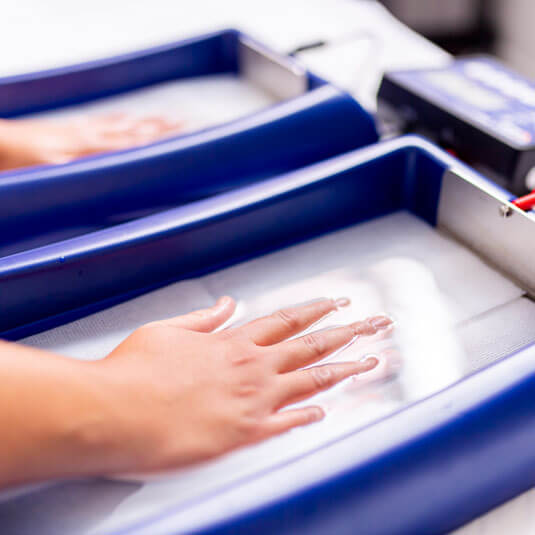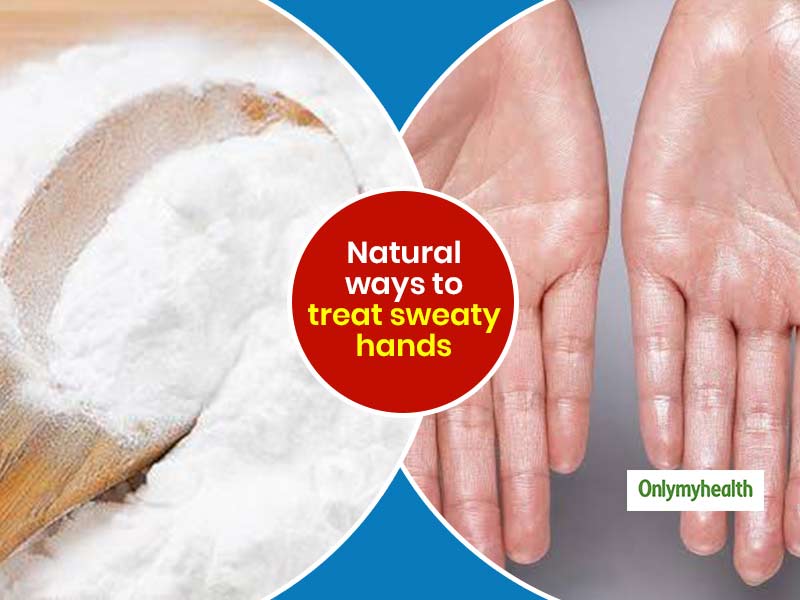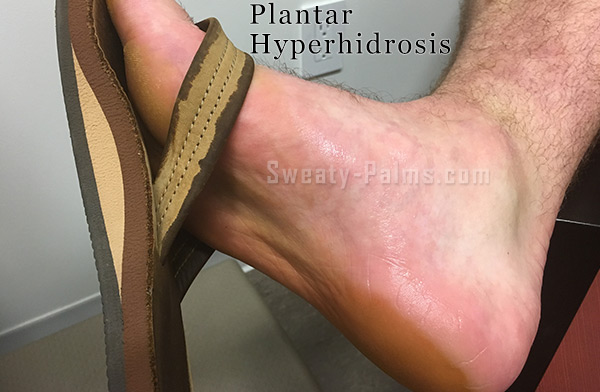Comprehending Excessive Sweating: Dermatology Insights on How to Stop Sweaty Hands
Comprehending Excessive Sweating: Dermatology Insights on How to Stop Sweaty Hands
Blog Article
Recognizing the Origin Causes of Excessive Sweating and Its Influence On Every Day Life
Extreme sweating, also called hyperhidrosis, is a problem that affects a considerable part of the populace, yet its underlying reasons and implications on day-to-day operating remain somewhat enigmatic. While it is frequently recognized as a physical response to regulate body temperature, the triggers for extreme sweating can differ extensively amongst people, encompassing not only physical elements however likewise psychological and emotional components. The effect of this condition extends beyond mere discomfort, often influencing social communications and total top quality of life. By diving right into the origin of hyperhidrosis and exploring its multifaceted effects, a much deeper understanding of this prevalent problem can be gotten, clarifying the complexities that individuals facing too much sweating browse each day.
Physiology of Sweat Glands
The regulation of sweat manufacturing, a critical physical procedure, is mostly controlled by the task of gland dispersed across the human body. Gland are categorized into two main kinds: eccrine and apocrine glands. Eccrine glands are one of the most countless and are found in almost all locations of the body. They play a vital duty in thermoregulation by producing a watery fluid onto the skin's surface, which evaporates and helps cool the body down. On the other hand, apocrine glands are concentrated in areas abundant in hair follicles, such as the underarms and groin, and their secretions are thicker and milklike in appearance.
When the body temperature increases, either as a result of exercise, heats, or emotional tension, the nerve system triggers the sweat glands to generate sweat. This sweat is made up primarily of water and electrolytes like sodium and chloride. The procedure of sweat manufacturing is important for preserving the body's inner temperature level within a narrow, optimal variety, highlighting the essential role sweat glands play in human physiology.
Triggers for Excessive Sweating
In comprehending the origin of too much sweating, it is essential to determine the triggers that can cause this physical action. Too much sweating, additionally referred to as hyperhidrosis, can be prompted by various elements, both physiological and environmental. One common trigger is emotional tension or stress and anxiety, which can promote the body's sweat glands to produce more sweat than is required for cooling. Physical exertion, high temperatures, and spicy foods are also known to trigger too much sweating in people vulnerable to this problem. Certain medical problems like hyperthyroidism, diabetes mellitus, or menopause can contribute to excessive sweating as well.
Moreover, medicines such as some antidepressants, opioids, and particular supplements can likewise act as triggers for hyperhidrosis. Recognizing these triggers is necessary in handling too much sweating efficiently - Treatment for hyperhydrosis of hands. By determining and resolving the particular triggers that motivate extreme sweating in a specific, doctor can establish tailored treatment strategies to reduce this problem and boost the individual's top quality of life
Medical Conditions Associated
Related to too much sweating are various medical problems that can exacerbate this physiological action. One common condition is hyperhidrosis, a condition identified by abnormally enhanced sweating that goes beyond the body's thermoregulatory needs. This can manifest in focal areas like the hands, soles, underarms, or face, influencing an individual's high quality of life because of social shame and discomfort.
Furthermore, endocrine disorders such as hyperthyroidism, diabetes mellitus, and menopausal warm flashes can also lead to excessive sweating. Hyperthyroidism creates an overflow of thyroid hormones, accelerating metabolic rate and activating sweating.
Furthermore, infections like endocarditis, consumption, and hiv have actually been connected with night sweats, an usual sign known to interfere with sleep and affect general well-being. These clinical problems highlight the varied variety of underlying variables that can add to too much sweating, requiring comprehensive evaluation and administration by healthcare experts.
Emotional and Mental Factors

Effect On Social Interactions
Extreme sweating can have profound impacts on a person's ability to involve comfortably in social communications. The noticeable indications of sweat discolorations or wet spots on my company apparel can result in shame and self-consciousness, causing people to take out from social situations. This withdrawal can affect partnerships, limit social tasks, and prevent specialist and personal growth.

Moreover, the anxiety and self-confidence problems originating from too much sweating can influence communication and interpersonal skills. Individuals may struggle to concentrate on conversations, join team tasks, or reveal themselves with confidence. This can cause you can look here sensations of seclusion and isolation, as social connections come to be testing to maintain.
Conclusion

While it is generally comprehended as a physiological reaction to regulate body temperature level, the triggers for too much sweating can differ widely among people, including not only physical factors yet additionally emotional and psychological components. By diving into the root creates of hyperhidrosis and exploring its multifaceted results, a deeper understanding of this pervasive concern can be acquired, shedding light on the intricacies that individuals grappling with too much sweating browse on a daily basis.
Physical physical effort, high temperatures, and spicy foods are also understood to set off too much sweating in individuals vulnerable to this problem. By identifying and resolving the particular triggers that prompt extreme sweating in an individual, health care service providers can create individualized treatment plans to alleviate this problem and improve the individual's top quality of life.
Extreme sweating can have extensive effects on a person's ability to engage pleasantly in social interactions.
Report this page